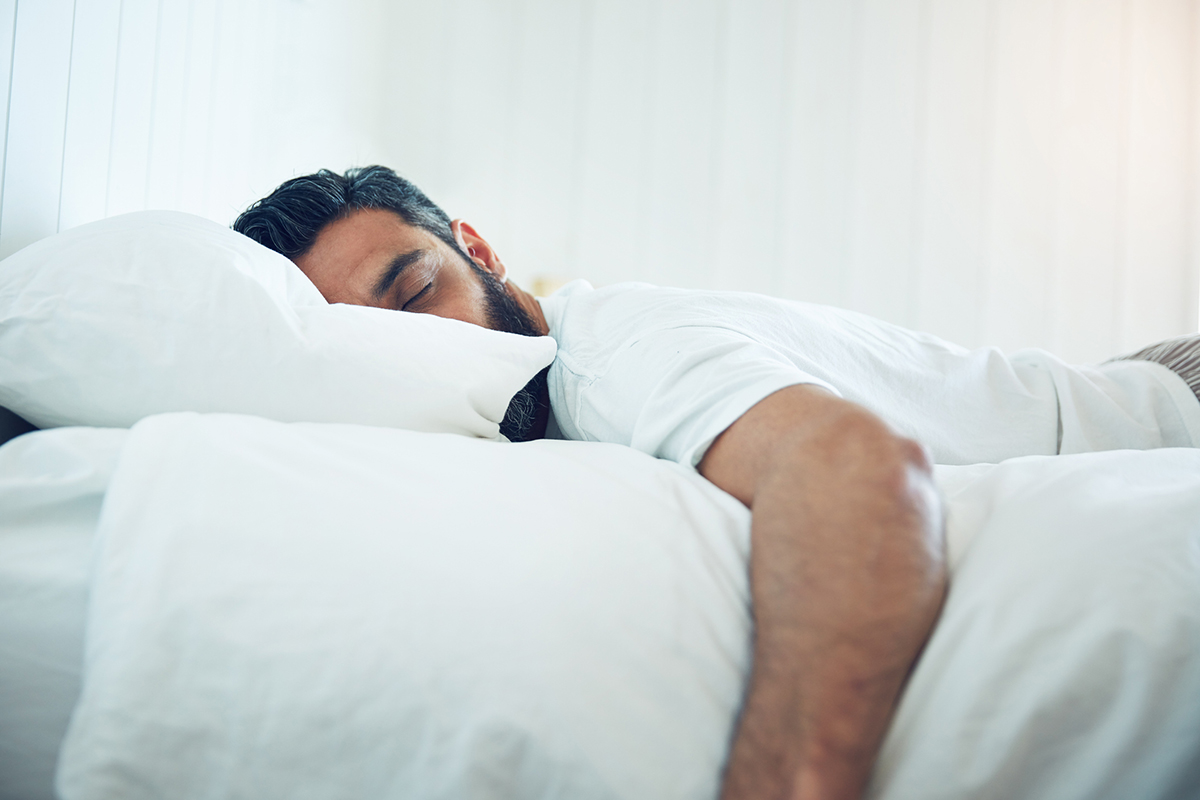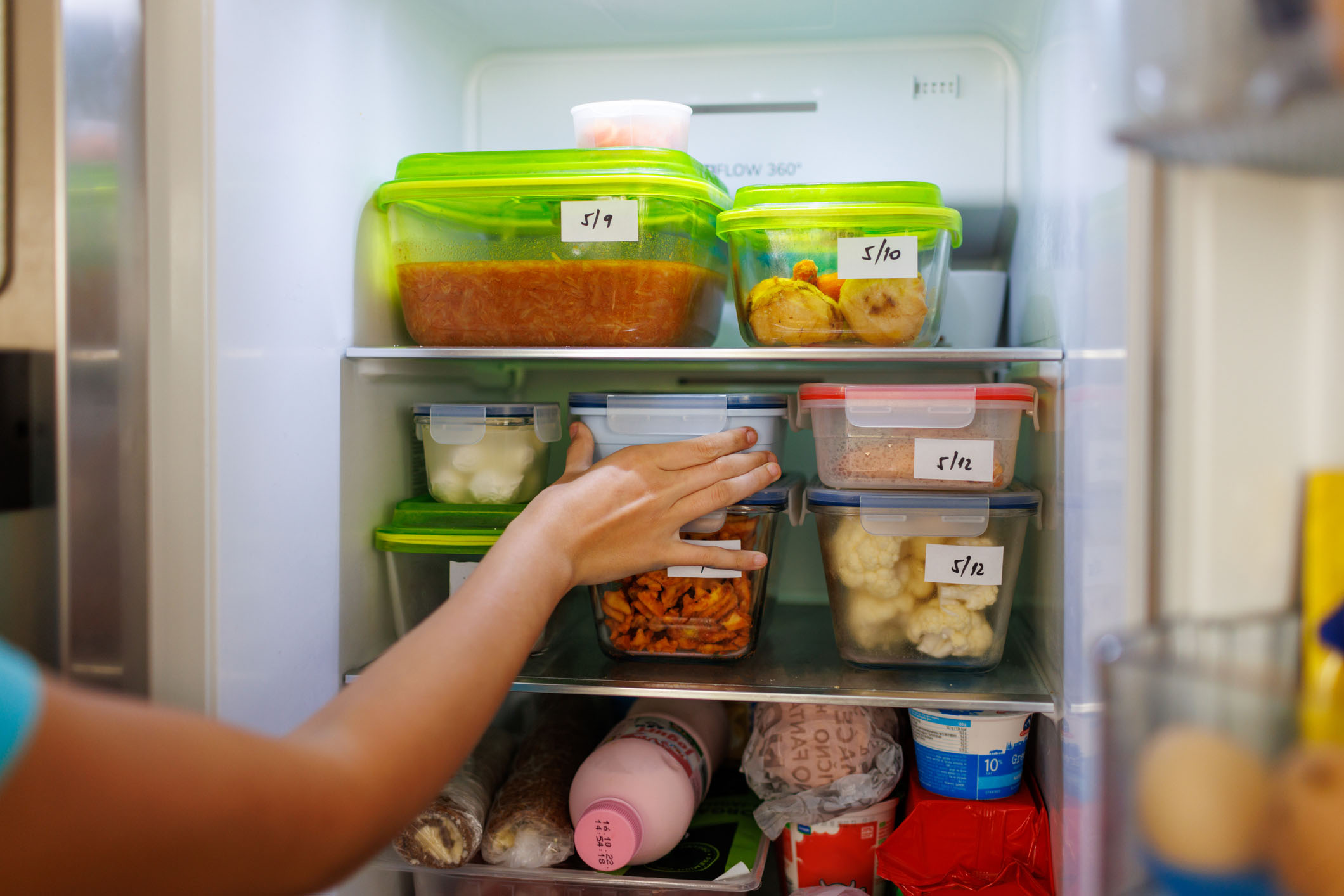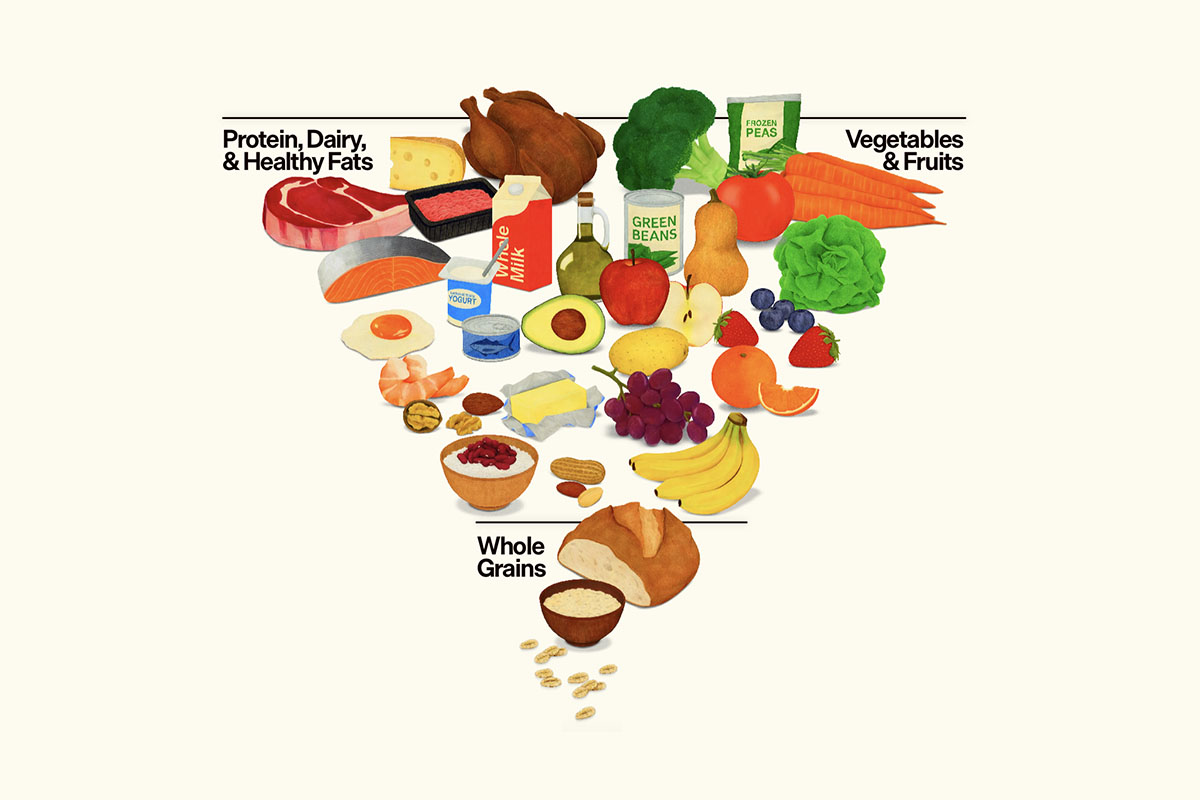Are you snacking much? More than usual? It may have to do with how much sleep you’re getting—or not getting which is more to the point.
We know that not meeting sleep recommendations contributes to poorer health and increased risk of chronic diseases like obesity and diabetes. But prior research never compared sleep duration with dietary patterns. Until now.
Researchers from Ohio State University set out to find the difference in frequency of snacks and sleep durations. They took data from the National Health and Nutrition Examination Survey (NHANES 2007-2018) from adults ages 20 to 60 years and collected self-reported dietary intake information. 19,650 adults were stratified by meeting the American Academy of Sleep Medicine and Sleep Research Society’s recommendation of seven or more hours of sleep per night.
What they found was those not meeting the recommendations of at least seven hours sleep were significantly more likely to report eating a morning snack between breakfast and lunch but less likely to snack in the afternoon. Additionally, those not sleeping enough were found to be taking in more calories, sugar and caffeine from both morning and evening snacks than those who were getting the requisite amount of sleep every night. Over 50% of snack calories came from cookies, pastries, chips and pretzels along with soda and energy drinks.
So it could be that you’re more snack-hungry because you’re not getting enough sleep. But it also could be that because you’re up late snacking, enjoying screen time, being sedentary, that you’re not getting enough shut-eye and that creates the vicious cycle of more snacking during the day.
The longer your day (and night), the more opportunities to eat.
To your health!
Leyla Muedin, MS, RD, CDN








